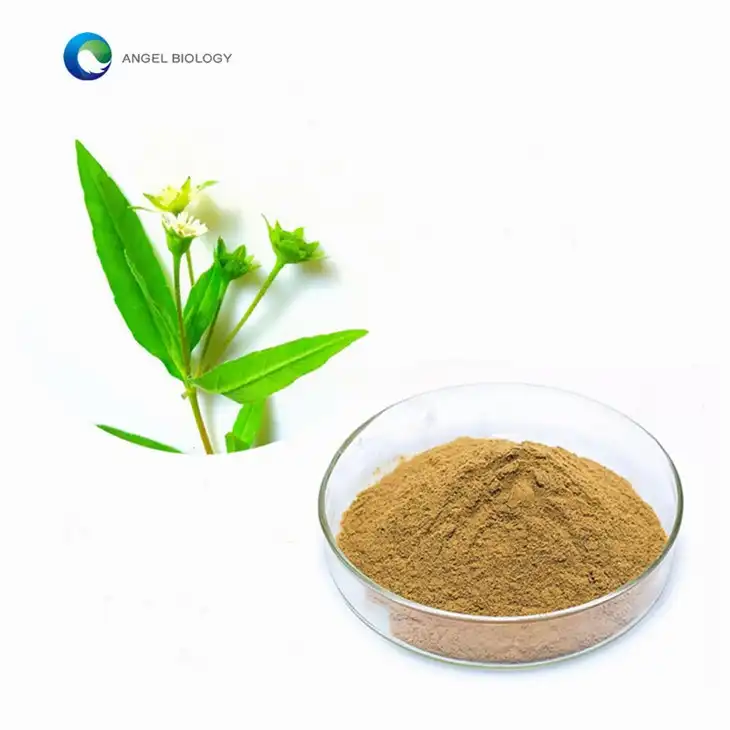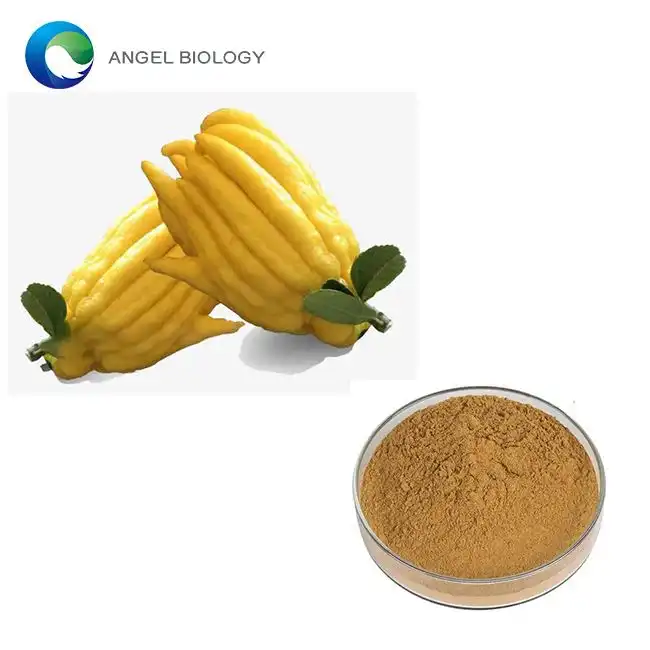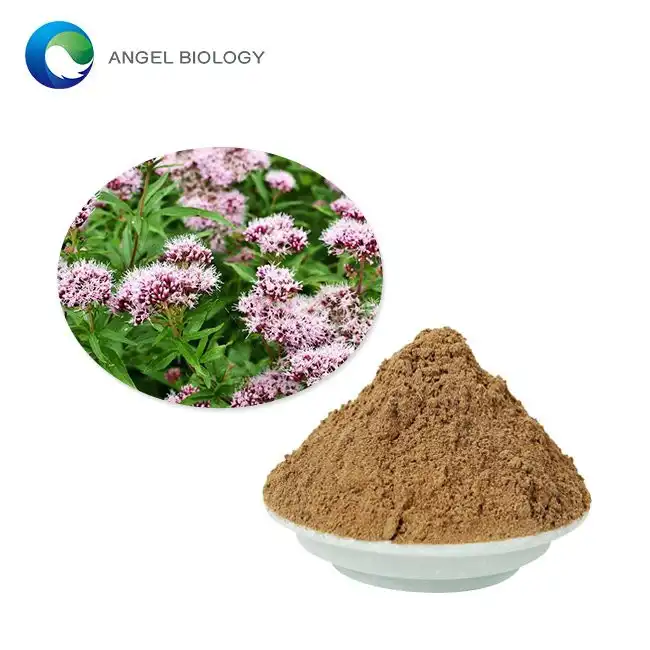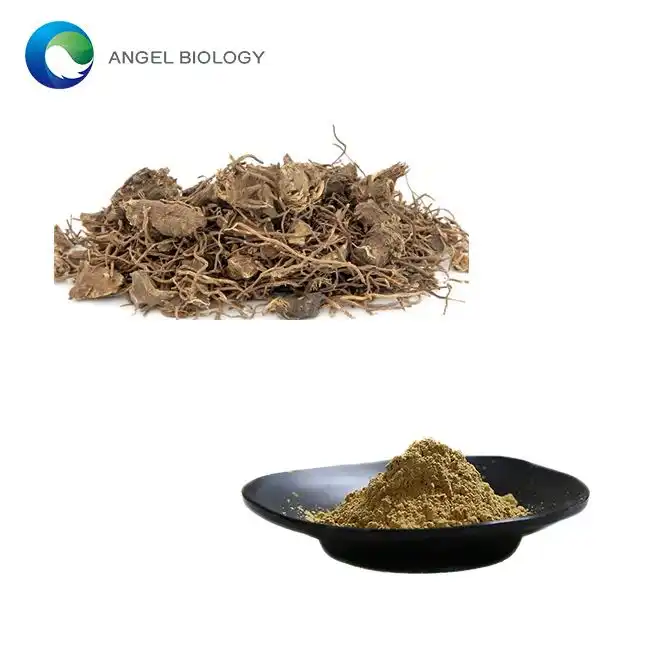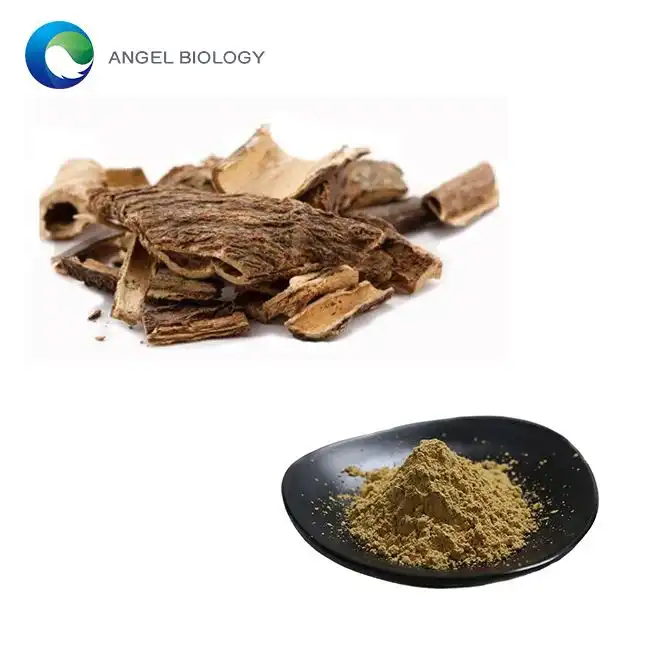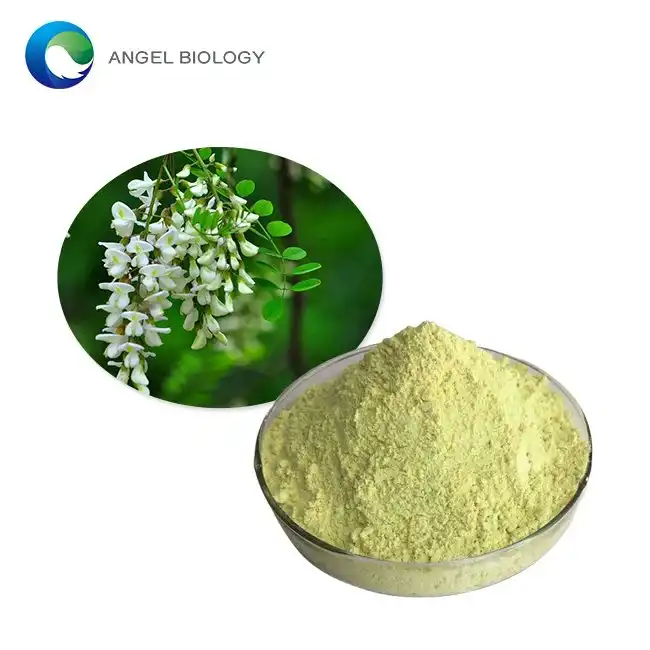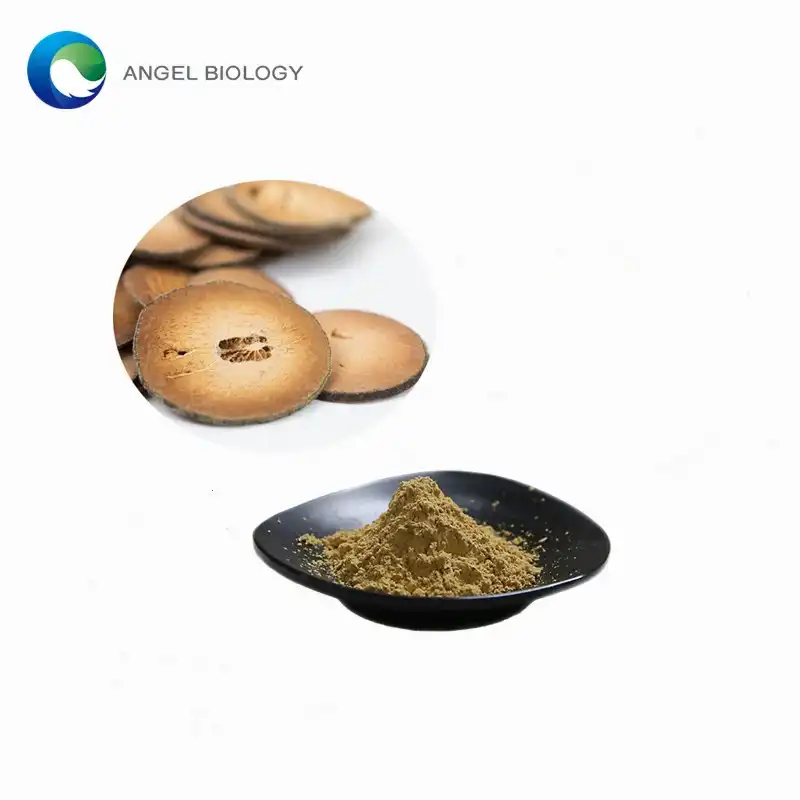Cassia Seed Extract in Traditional Chinese Medicine: What to Know?
For centuries, Traditional Chinese Medicine (TCM) has harnessed the power of nature to promote health and well-being. Among its vast repertoire of herbal remedies, Cassia seed extract stands out as a versatile and potent ingredient. This ancient wisdom, now backed by modern scientific research, offers promising benefits for those seeking natural solutions to various health concerns.
Ancient Wisdom: Cassia's Role in TCM
Cassia seeds, known as "Jue Ming Zi" in Chinese, have been a cornerstone of TCM for millennia. These small, dark seeds, derived from the Cassia plant, have been revered for their multifaceted healing properties. TCM practitioners have long recognized the potential of Cassia seeds in addressing a wide array of health issues, from digestive discomfort to vision problems.
In traditional use, Cassia seeds were often prepared as a tea or decoction. The process typically involved gently roasting the seeds to enhance their flavor and therapeutic properties, then steeping them in hot water. This preparation method was believed to unlock the full potential of the seeds, making their beneficial compounds more readily available for absorption by the body.
One of the primary applications of Cassia seed extract in TCM was for promoting healthy digestion. It was often prescribed to alleviate constipation, reduce bloating, and support overall gastrointestinal health. The mild laxative effect of Cassia seeds made them a popular choice for those seeking gentle relief from digestive discomfort.
Beyond digestive health, TCM practitioners also valued Cassia seeds for their potential to support eye health. The extract was believed to have a cooling effect on the liver, which in TCM theory is closely connected to eye function. This cooling property was thought to help soothe tired eyes, reduce eye strain, and potentially improve vision.
Another intriguing aspect of Cassia seed use in TCM was its application in weight management. Traditional wisdom suggested that Cassia seeds could help regulate metabolism and support healthy weight loss. This belief has piqued the interest of modern researchers, leading to further scientific investigation into the potential weight management properties of Cassia seed extract.

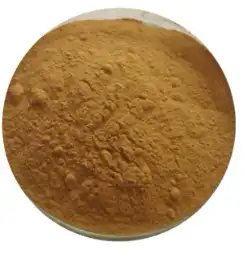
Modern Science Meets Traditional Use
As scientific research advances, many traditional remedies are being scrutinized under the lens of modern science. Cassia seed extract is no exception, with numerous studies exploring its potential health benefits and mechanisms of action.
One area of particular interest is the potential of Cassia seed extract in supporting cardiovascular health. Research has suggested that compounds found in Cassia seeds may help regulate cholesterol levels and support healthy blood pressure. These findings align with the traditional use of Cassia seeds in TCM for promoting overall wellness and longevity.
The antioxidant properties of Cassia seed extract have also garnered attention from researchers. Antioxidants play a crucial role in protecting our cells from damage caused by free radicals, which are associated with various chronic diseases and the aging process. Studies have indicated that Cassia seeds are rich in antioxidants, potentially offering protective benefits for overall health.
In the realm of weight management, scientific investigations have begun to shed light on the traditional beliefs surrounding Cassia seeds. Some studies have suggested that certain compounds in Cassia seed extract may help inhibit the absorption of dietary fat, potentially supporting weight loss efforts. While more research is needed to fully understand these effects, the initial findings are promising and align with traditional uses.
The potential benefits of Cassia seed extract for eye health, long recognized in TCM, are also being explored through scientific research. Some studies have investigated the effects of Cassia seed compounds on various aspects of eye health, including their potential to protect against oxidative stress in the eyes and support overall vision health.
It's important to note that while these scientific findings are encouraging, more research is needed to fully understand the mechanisms and potential applications of Cassia seed extract. As with any natural remedy, it's crucial to approach its use with a balanced perspective, considering both traditional wisdom and modern scientific evidence.
Integrating Cassia Extract into Western Wellness Practices
As interest in natural and holistic approaches to health continues to grow in the West, many are looking to incorporate traditional remedies like Cassia seed extract into their wellness routines. The integration of this ancient remedy into modern lifestyles presents both opportunities and considerations.
One of the most accessible ways to incorporate Cassia seed extract into daily life is through dietary supplements. These products often contain concentrated forms of the extract, making it easy to include in a regular wellness regimen. However, it's crucial to choose high-quality supplements from reputable sources to ensure safety and efficacy.
For those who prefer a more traditional approach, Cassia seed tea remains a popular option. This can be prepared at home using whole Cassia seeds or conveniently purchased in tea bag form. The gentle, earthy flavor of Cassia seed tea makes it an enjoyable addition to a daily routine, potentially offering both health benefits and a moment of relaxation.
When integrating Cassia seed extract into a wellness plan, it's important to consider potential interactions with other medications or supplements. As with any new addition to your health regimen, it's advisable to consult with a healthcare professional, particularly if you have existing health conditions or are taking other medications.
The versatility of Cassia seed extract also opens up possibilities for its use in various wellness products. From skincare formulations that harness its antioxidant properties to functional foods that incorporate its potential digestive benefits, the applications of Cassia seed extract in modern wellness products are expanding.
As research continues to uncover the potential benefits of Cassia seed extract, it's likely that we'll see even more innovative applications in the future. This blend of ancient wisdom and modern science offers exciting possibilities for those seeking natural approaches to health and wellness.
In conclusion, Cassia seed extract stands as a testament to the enduring wisdom of Traditional Chinese Medicine and its relevance in our modern world. From its roots in ancient healing practices to its growing presence in contemporary wellness approaches, Cassia seed extract offers a fascinating glimpse into the potential of natural remedies.
Are you intrigued by the potential benefits of Cassia seed extract? At Angelbio, we're dedicated to bridging the gap between traditional wisdom and modern science. Our high-quality Cassia seed extract products are the result of rigorous research and development, ensuring you receive the full benefits of this remarkable natural ingredient. Whether you're a health-conscious individual looking to enhance your wellness routine or a manufacturer seeking premium natural ingredients, we're here to support your journey. Experience the power of nature with Angelbio's Cassia seed extract. For more information or to place an order, please contact us at angel@angelbiology.com. Let's embark on a journey to better health, naturally.
References
1. Zhang, L., et al. (2020). "Traditional uses, phytochemistry, and pharmacology of Cassia seeds: A review." Journal of Ethnopharmacology, 264, 113350.
2. Wang, X., et al. (2019). "Antioxidant and anti-inflammatory activities of Cassia seed extract in vitro and in vivo." Phytomedicine, 58, 152877.
3. Liu, Y., et al. (2018). "Effects of Cassia seed extract on lipid metabolism and body weight in high-fat diet-induced obese mice." Journal of Functional Foods, 42, 339-346.
4. Chen, H., et al. (2021). "Cassia seed extract: Potential applications in functional foods and nutraceuticals." Trends in Food Science & Technology, 108, 445-457.




